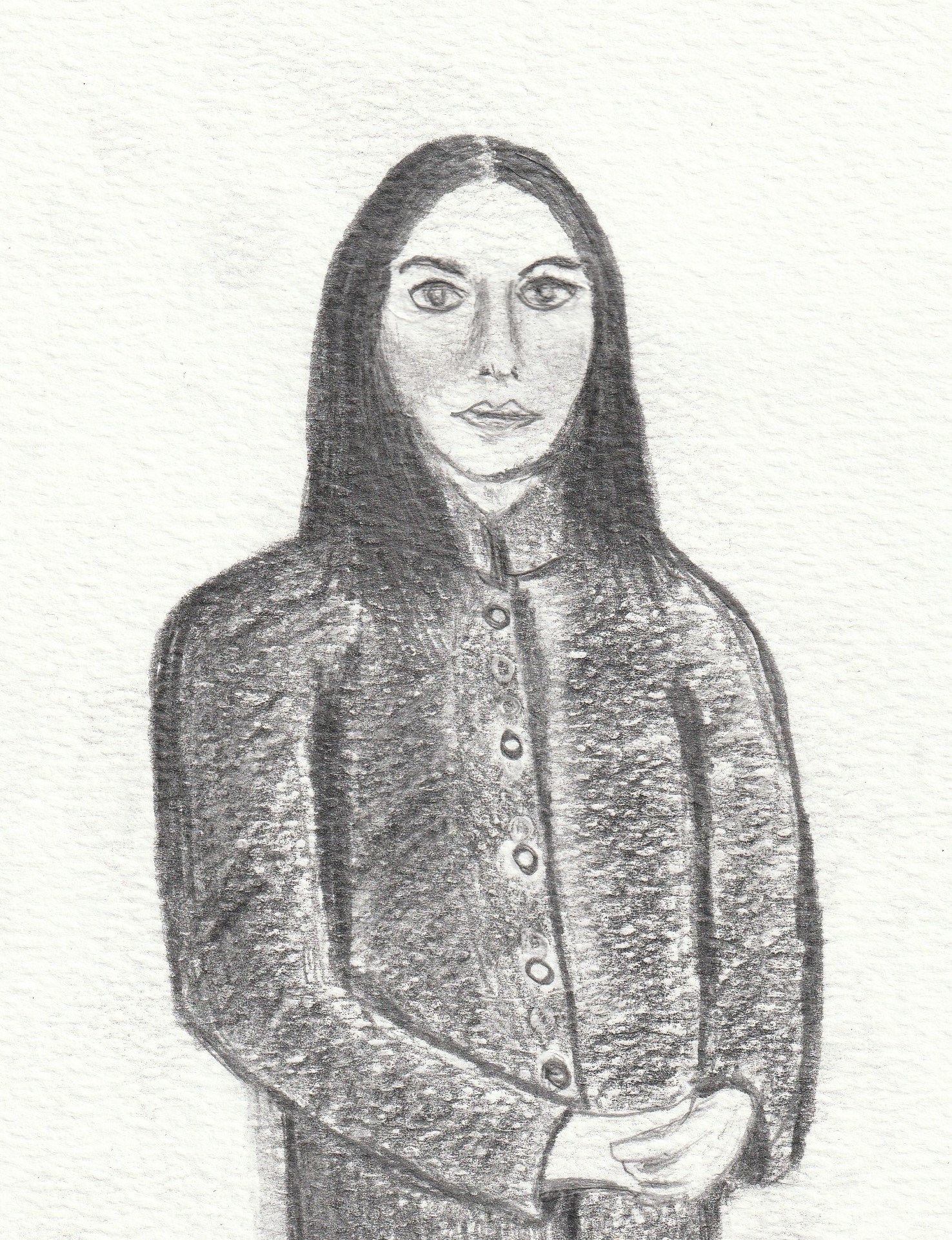On her writing blog Reena Saxena has provided the word “empirical” as a word prompt for this week. Writers are free to use the word itself, or just to capture the spirit of the word in their work.
The Pocket Macquarie Dictionary that I own defines the adjective “empirical” as follows: depending upon experience or observation rather than using science or theory. I think that the following short story illustrates this definition very well.
This story is set in Skopje, the capital of North Macedonia in the Balkans. It is about a Romani, or Gypsy, woman who works as a cleaner. The Roma or Romani people are a European minority of Indian origin who left India around 1000 AD. They should not be confused with the Romanian people, who speak a Latin-based language.
The Roma have various traditional occupations which are the same as those practiced by the nomadic tribes of India. For example, like the Gadolia Lohar nomads of India many of the European Roma have traditionally worked as blacksmiths. Another Indian tribe with a similar way of life to the Roma are the Kalbelia, who are musicians, dancers, and snake charmers. The famous Turkish Romani belly dancer Didem Kinali performs a belly dance that is very similar to that of the snake dance of the Kalbelia women, which is based on the swaying movements of the cobra. Also, the Kalandar people of India have traditionally exhibited performing bears which is another traditional occupation of the Roma of the Balkans.
Regarding the controversial practice of exhibiting performing bears, this is a practice that existed in Europe long before the Roma left India in 1000 AD. For example, the ancient Greek rhetorician Isocrates (436-338 BC) mentions men with performing bears in Athens. Later the illustrations of medieval manuscripts from France and other European countries show men, who are clearly European and not Roma, exhibiting performing bears.
Romani people have formed a sedentary community in Skopje since the Middle Ages; the Romani quarter of Topana was first mentioned at the beginning of the 14th century AD. When Skopje was part of the Ottoman Empire the Romani inhabitants of Topana manufactured guns and gunpowder for the Turkish garrison. Today, Roma living in North Macedonia, as in other European countries and in Turkey, face much discrimination in obtaining employment. However, the Shuto Orizari Municipality in Skopje is the only urban administrative unit in the world to have Romani as its official language, and Senada Sali, a Macedonian Romani woman, works as a lawyer with the European Roma Rights Centre and strives to improve conditions for the Romani community in North Macedonia.
I wrote this story as I am partly of Romani descent. It was also inspired by my own job as a cleaner.
It was a rainy May morning in Skopje. In the dingy office of a small cleaning company Andon, the manager, was taking a phone call. Ivona, the administration worker, was seated at another desk entering data into a computer.

The front door opened and a pretty Romani woman, about twenty years of age, entered the office. She was wearing a rain-splattered coat, and she took a crumpled application form out of a pocket. She smoothed out the form on a space on Ivona’s desk. Ivona looked up from her work and accepted the form. She read through it briefly and said, “Thank you, Aneta. You will hear back from us within the next few days if your application has been successful.” Aneta smiled and left the office. Andon, still preoccupied with his phone call. glanced at her briefly and frowned.
After he had finished his phone call, Andon turned to Ivona and said, “I don’t like Gypsies. They’re untrustworthy. I’d never employ a Gypsy woman in my company.”
Ivona replied, “We must give her a chance. After all, we’re only a young company and we need all the cleaners we can get.”
Andon said, “Alright, if you insist.” He turned his attention to another task.
A few weeks later Ivona went to inspect an office that Aneta had cleaned the night before. The glass front door of the office gleamed, the interior was clean and orderly, and all the bins had been emptied. And Ivona thought how right she had been in persuading Andon to employ Aneta.
Informative fiction! I was not aware of the history of gypsies, though the word is loosely used to describe nomads, and as in your story, they are considered to be untrustworthy. A few Hindi movies have romanticised the concept though.
Keep enlightening us 😀
LikeLiked by 2 people
Thanks Reena. I hope that this story will help to inform people about the Roma and the discrimination that they face. And the website of the European Roma Rights Centre has more information about their contemporary situation.
I recall seeing a Hindi movie (I can’t recall the title) in which a woman dances a beautiful Kalbelia dance.
LikeLiked by 1 person
Kalbelia is a popular dance form of Rajasthan, and many movies use it. The outfits are lovely, and the slithering movements make the performers look sexy.
LikeLiked by 1 person
Have you done the illustration yourself? It is nice.
LikeLiked by 1 person
Thanks Reena. Yes, I drew it myself.
LikeLiked by 1 person
Beautiful! You are multi-talented.
LikeLiked by 2 people
Thanks again, Reena. I took me at least an hour to do the drawing. I kept altering it, especially her face. But then I thought that if I change it anymore then I’ll ruin it.
LikeLiked by 1 person
You did a great job. Is that charcoal or graphite pencils?
LikeLiked by 1 person
It was done with graphite pencils, ranging from HB to 8B in darkness and softness.
LikeLiked by 1 person
👏👏
LikeLiked by 1 person